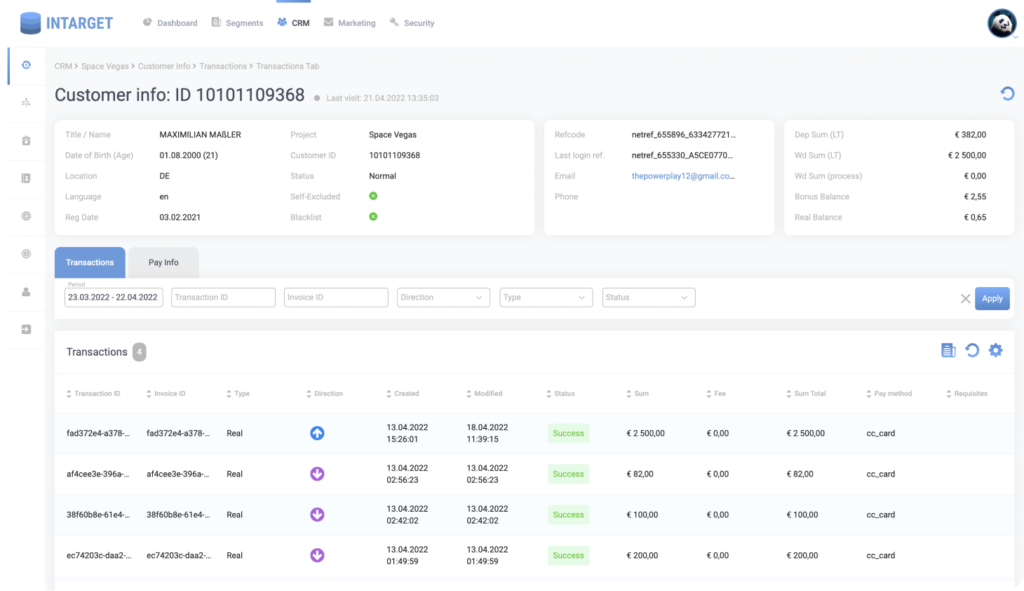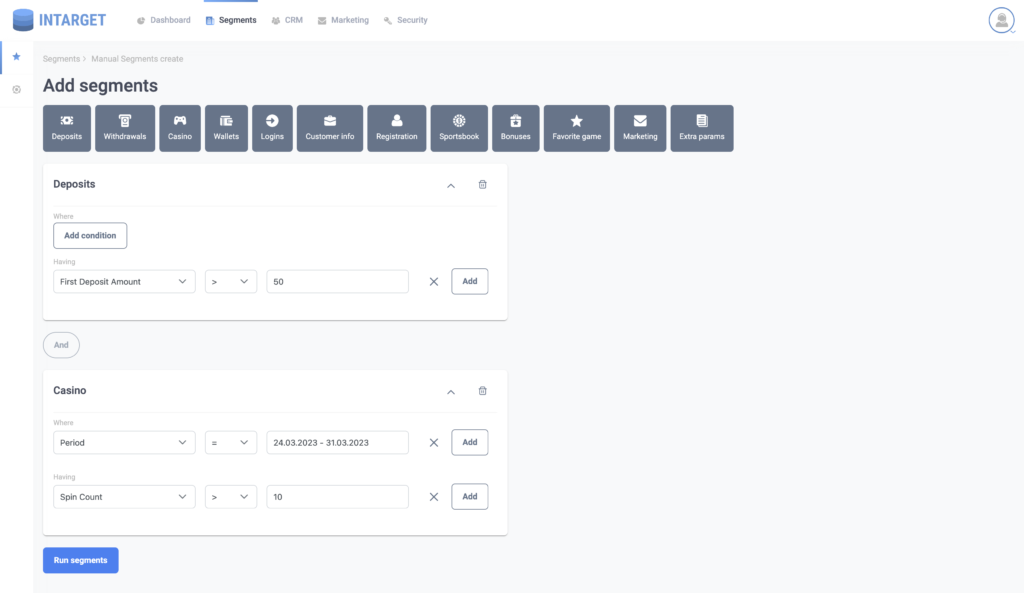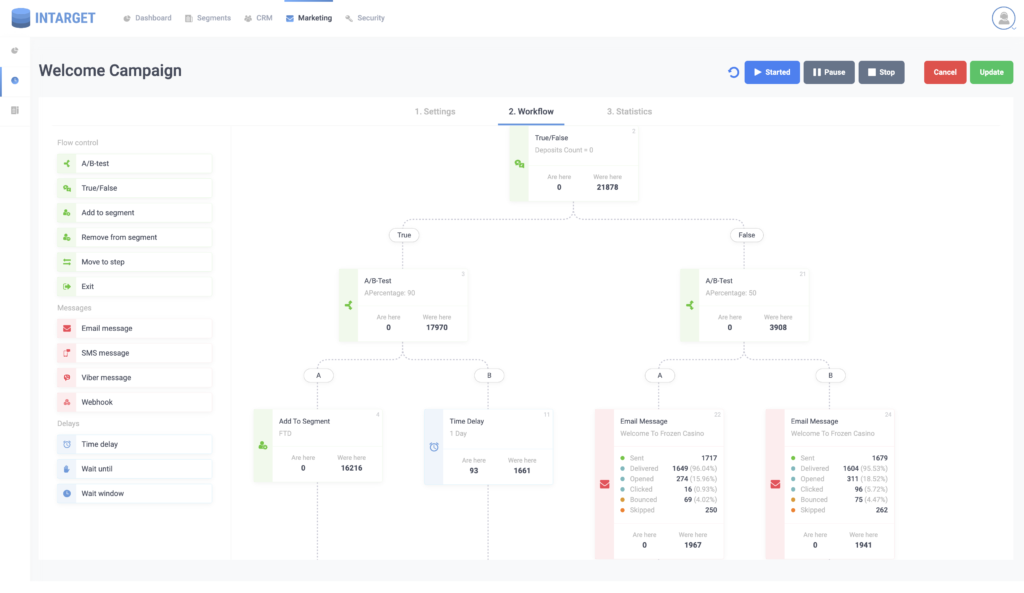Customer Relationship Management (CRM) is a powerful tool for any business, and the iGaming industry is no exception. In an increasingly competitive landscape, retaining players and fostering long-term loyalty is crucial for iGaming operators. CRM systems can play a vital role in driving player retention by helping businesses effectively manage and optimize their customer interactions. In this article, we will explore how CRM can be leveraged as a player retention tool in the iGaming industry.
The Importance of Player Retention in iGaming
Acquiring new players is often more expensive and time-consuming than retaining existing ones. Moreover, long-term players are more likely to generate higher revenue and be advocates for your brand. Therefore, focusing on player retention strategies is essential for the sustained success and profitability of iGaming businesses.
How CRM Supports Player Retention in iGaming
- Personalization: CRM systems enable iGaming operators to gather and analyze extensive customer data, such as gaming preferences, deposit history, and player behavior. This information allows businesses to create personalized marketing campaigns and offers tailored to individual players, increasing engagement and driving retention.
- Segmentation: CRM tools make it easy to segment your player base into distinct groups based on factors like gaming habits, demographics, or lifetime value. This segmentation allows you to target specific player groups with relevant content and promotions, improving the effectiveness of your retention efforts.
- Automating Communication: CRM systems can automate various aspects of customer communication, such as sending personalized emails, SMS messages, or push notifications based on specific triggers or user actions. This automated communication helps maintain an ongoing relationship with your players, encouraging them to stay engaged with your platform.
- Tracking Player Lifecycle: By monitoring key metrics and indicators, CRM systems can help iGaming operators identify where players are in their lifecycle. Operators can then implement targeted retention strategies, such as offering incentives to reactivate dormant accounts or providing tailored bonuses to high-value players, to ensure long-term loyalty.
- Providing Excellent Customer Support: CRM tools facilitate seamless customer support by storing all player interactions in a centralized database. This comprehensive view enables support agents to quickly access relevant information, respond efficiently to player inquiries, and deliver a high level of service, contributing to increased player satisfaction and retention.
- Identifying At-Risk Players: CRM systems can help identify players who may be at risk of churning, allowing operators to take proactive measures to retain them. By analyzing factors like reduced deposit frequency, decreased gameplay, or negative customer support interactions, operators can develop targeted interventions to re-engage at-risk players and prevent attrition.
- Rewarding Loyalty: CRM platforms can support implementing and managing loyalty programs, enabling iGaming businesses to recognize and reward their most loyal players. By offering exclusive promotions, VIP benefits, and personalized rewards, operators can strengthen relationships with their best customers and encourage ongoing engagement.
Conclusion
CRM systems can serve as a powerful player retention tool in the iGaming industry by enabling operators to better understand, engage, and support their customers. By leveraging the capabilities of CRM tools, iGaming businesses can deliver personalized experiences, targeted promotions, and exceptional customer support that drive long-term loyalty and growth. As competition in the iGaming space continues to intensify, utilizing CRM as a player retention tool will be essential for operators looking to differentiate themselves and secure a larger share of the market.


